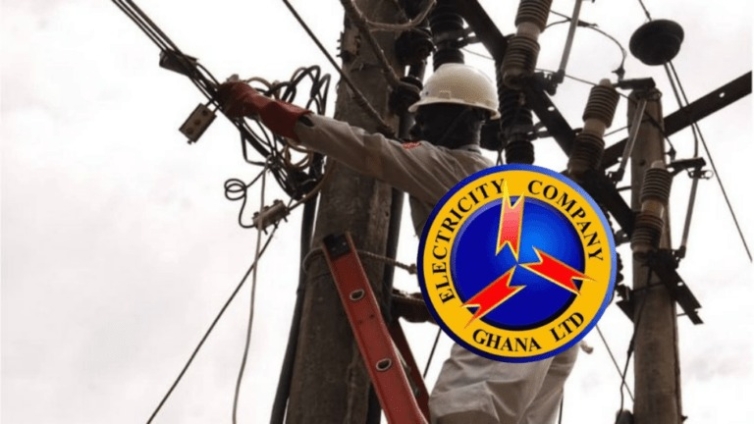adverts
The Public Utility Workers’ Union (PUWU) of TUC Ghana has firmly reiterated its opposition to the privatisation of the Electricity Company of Ghana (ECG), urging the government to adopt sustainable reforms to address challenges in the energy sector.
In a statement dated January 13, PUWU congratulated President John Mahama on his election victory and pledged support in crafting effective solutions for ECG and the broader energy sector.
The union, however, expressed concerns over recurring calls for privatisation from various interest groups, which it criticised as lacking substantive evidence and stakeholder consultation.
adverts
“Many of these groups, both local and international, are reintroducing similar agendas despite widespread opposition in the past. We remain steadfast in our belief that privatisation is not the answer to ECG’s challenges,” the statement noted.
PUWU argued that previous attempts to privatise ECG failed to deliver the desired outcomes, citing inefficiencies, political interference, and rising costs of power sector inputs as contributing factors to persistent challenges.
The union emphasised that an alternative governance framework, which prioritises effective management and reduced political meddling, offers a more viable path forward.
The statement also highlighted the ripple effects of high electricity tariffs, driven by inefficiencies and rising costs in the power sector, on both consumers and industries. PUWU called for a holistic approach to reforms that address these core issues without compromising ECG’s public mandate.
PUWU assured the Mahama administration of its willingness to collaborate in developing sustainable solutions. “We promise to assist through the relevant ministries in finding solutions to the challenges of ECG in a sustainable manner,” the statement concluded.
The union’s position stands in contrast to recent remarks by Energy Minister-designate John Abdulai Jinapor, who proposed private sector participation in ECG operations as a means to enhance efficiency.
During his vetting by Parliament’s Appointments Committee on January 13, Mr. Jinapor outlined plans to establish a seven-member committee of experts, including technical, legal, and financial professionals, alongside industry players and consumer representatives. The committee’s mandate will be to evaluate whether a concession model or another form of private sector involvement is best suited for ECG.
“We believe there should be private sector participation. Our approach ensures we incorporate private sector expertise while safeguarding national interests. This process will be competitive, transparent, and structured to prioritise local content,” Mr. Jinapor explained.
He added that lessons from past attempts would guide the process to avoid pitfalls and ensure that any partnerships serve Ghana’s long-term energy needs.
Read the full the statement here:


